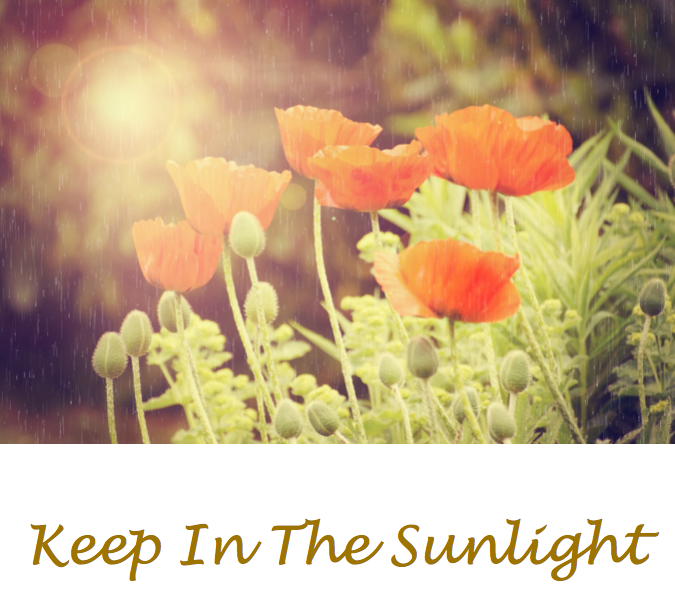
I’m kind of embarrassed to write this, because I really make a lot of efforts to remain eco-conscious in my life. I know there are tons of ways to be “eco-friendly,” and, like anything, it is an ongoing journey. It is definitely one that shouldn’t be part of the comparison game (even if that’s only happening in our own heads). But, I’m just going to say it…I’ve never composted.
Well, not really. I’ve tried. I really have. At least two different times I had a set-up that never quite worked out. For some reason, in the past, I’ve always found the whole thing very mysterious and intimidating. Silly, I know. Another reason (not excuse, mind you, but a reason) is that in my 23 years since moving out of my childhood family’s home, I have moved 20 times. That is an insane average!
But, it’s been nagging at me for years. Reducing food waste is a huge way to help our sweet, precious, beautiful Earth. And while I have worked on reducing food waste on the front side of things by cooking at home, buying only what we’ll use, freezing items to preserve them for future use, etc., I haven’t done much (until now) for the afterlife of unused food items. I think there’s a mistaken belief that because it’s food it will just decompose in the trash. But when food scraps are thrown into a plastic trash bag and grouped in a landfill, they aren’t given the conditions necessary for this very miraculous way of natural recycling back into the earth. They take up a huge amount of landfill space and release methane, a very potent greenhouse gas, when they do break down.
So, I finally did it. There is SO much information on composting, which is both helpful and, well, not. It was hard to know what to choose. And, as an over-thinker, I was weighing the plastic use of any composting container with its eventual long-term benefits. I know there are natural compost piles and reused wood pallet containers, but since we have no backyard at the moment, and we’re living in a rental, these seemed unlikely for our situation.
Here is the idea (and a similar one) we ended up using. I love that it uses rotating bins, since that has always been one of my biggest questions/concerns, especially with such often moves–How does the compost get a chance to break down if I’m constantly adding more scraps? In this method, once the top bin is 3/4 full, it’s rotated to the middle where it can sit and do its magic. And the middle bin comes up to the top for new scraps. Eventually, the (now) middle bin gets dumped into the bottom for further composting magic, and then it goes (empty) back to the top position. Etc. It sounds ideal.
We’re about one week in, and I’m not kidding, I feel like a weight has been lifted. I’ve carried this goal around for so long that it feels wonderful to be actually doing it. I know the novelty will eventually wear off, but right now, adding to our kitchen composter (currently a large plastic container that was headed for recycling) and then dumping it in our compost bin is a serious point of pride and excitement around here. [Update: Now using this kitchen composter from the wonderful ZeroWasteCartel!]
I hope to post with some positive updates as this unfolds. And hopefully, hopefully, I can help encourage some other reluctant composters out there.
(We just used a plastic lid we had saved (from a bin that didn’t make it) and then used a bungee cord to secure it on top. We have it sitting in a small (somewhat) sheltered part under our porch where it has already survived some very windy days.)

